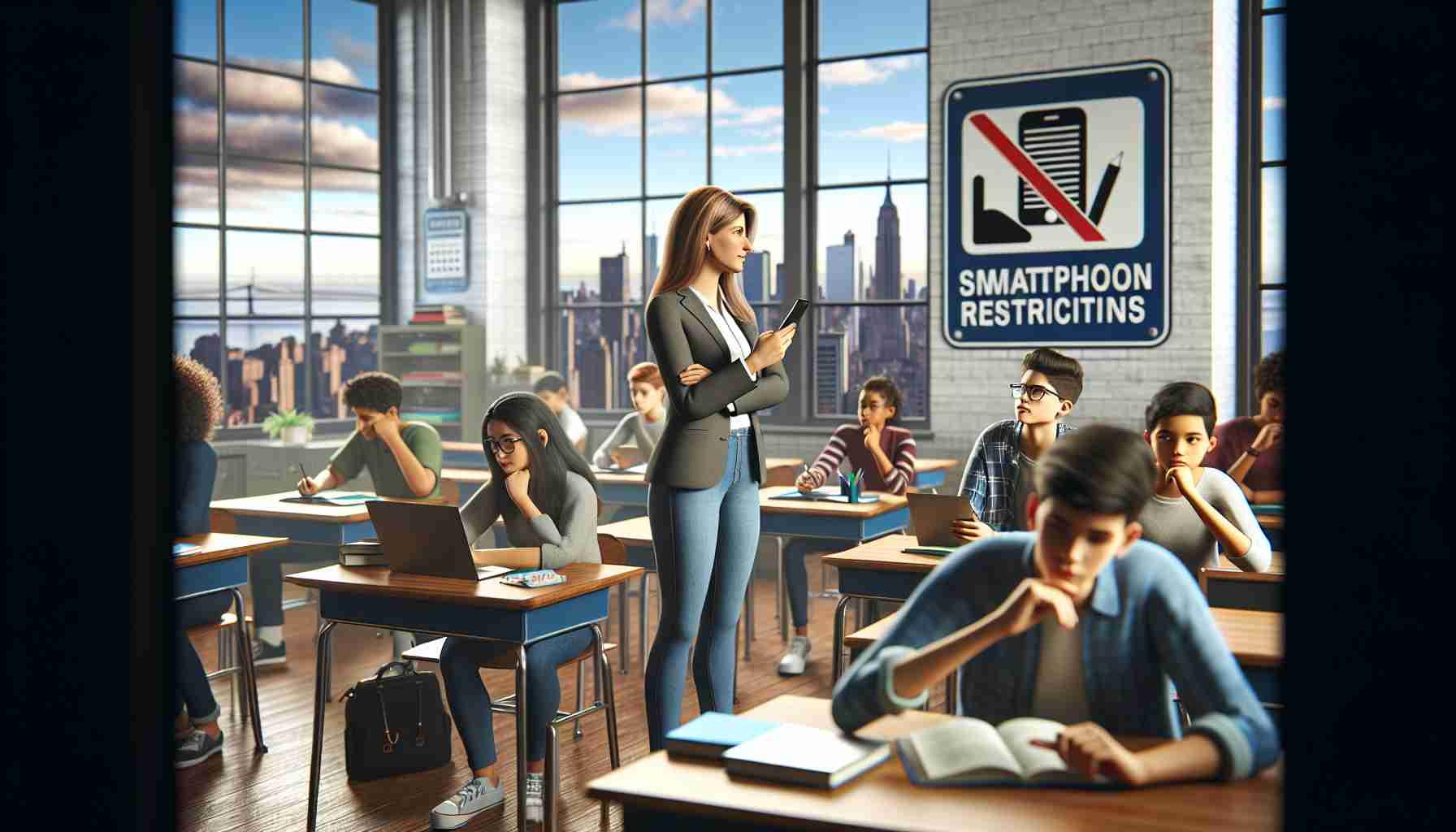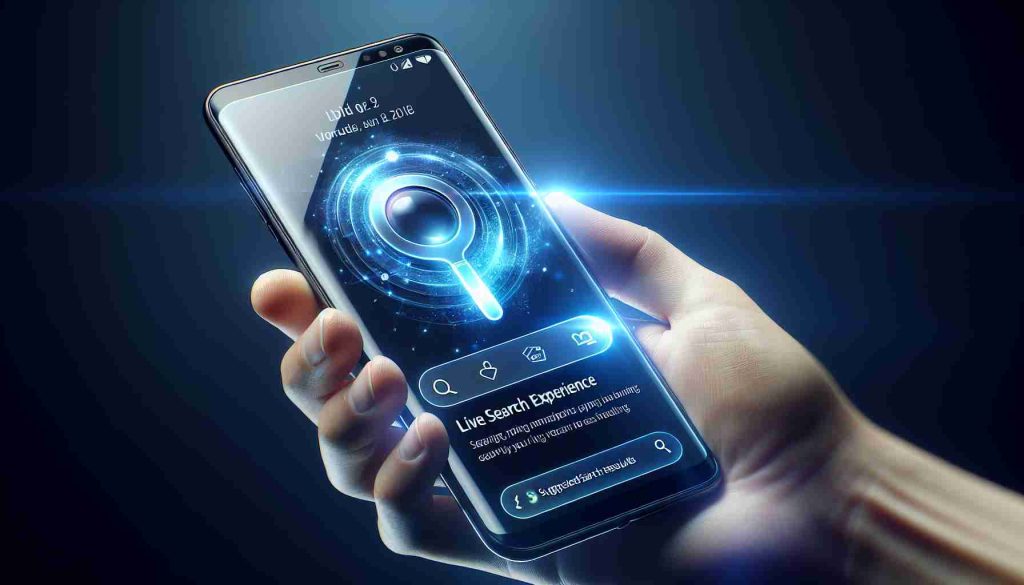The discussion around prohibiting smartphones in New York State classrooms is intensifying, with significant backing from educators. Governor Kathy Hochul is currently evaluating the potential legislation, and the New York State United Teachers (NYSUT) has voiced its unanimous support for a comprehensive ban on phone usage during school hours.
At Gaskill Preparatory School in Niagara Falls, the impact of a pre-existing smartphone ban is already evident. In classrooms without smartphone distractions, students display heightened engagement with their teachers. Principal Derek Zimmerman observed that this academic year has been even more successful, indicating that the smartphone policy has become largely accepted and effective.
While some parents express safety concerns regarding this ban, school administrators like Zimmerman assure them that students are best kept secure in classrooms, away from devices that could cause chaos during emergencies. It is emphasized that any statewide ban should consider local input to address unique school environments.
Teachers are noticing significant improvements in classroom dynamics; distractions have decreased, leading to more focused students. Gaskill Prep’s seventh-grade social studies teacher, Lynne Neveu, remarked that the difference is stark compared to previous years when phones were allowed. Students themselves have reported benefiting from the absence of smartphones, noting that it enhances their learning experience.
Overall, the proactive discussions surrounding smartphone regulations highlight a community-focused approach to education amid changing technological landscapes.
Mastering Classroom Focus: Tips and Life Hacks for Students and Educators
As the debate over smartphone usage in classrooms gains traction, educators and students alike are discovering innovative ways to enhance focus and engagement without the distractions that smartphones often bring. Here are some valuable tips, life hacks, and intriguing facts to consider.
1. Establish a Gadget-Free Zone
Creating a designated area in the classroom (or even at home for studying) where smartphones and other electronics are not allowed can significantly enhance concentration. Consider using a ‘phone basket’ where students place their devices before entering the learning environment. This small act can foster a more engaging atmosphere.
2. Use Technology Wisely
While smartphones can be distracting, they can also serve an educational purpose. Utilizing apps that promote learning and collaboration can transform a potential distraction into a powerful educational tool. If devices are allowed, encourage productivity apps over social media platforms.
3. Foster Open Communication with Parents
It’s important to address parents’ concerns about safety and communication in emergencies. Schools can implement systems that allow parents to reach students by other means or provide updates via school communication systems. This can alleviate worries about banning phones while maintaining students’ focus in the classroom.
4. Create Engaging Lesson Plans
Educators should continuously evolve lesson plans to make them more interactive and relatable. Incorporating group activities, discussions, and hands-on projects can sustain students’ interest and reduce the temptation to reach for their smartphones.
5. Explore Mindfulness Techniques
Introducing mindfulness practices, such as short meditation sessions before class, can help students clear their minds and prepare for focused learning. This approach not only enhances concentration but also promotes emotional well-being among students.
6. Highlight the Benefits of Distraction-Free Environments
Educators and students alike can benefit from recognizing the perks of a distraction-free classroom. Studies have shown improved retention rates and higher student participation in environments where technological distractions are minimized.
Interesting Fact: Research indicates that multitasking with technology can reduce productivity by up to 40%. By prioritizing focus and minimizing distractions, students can maximize their learning potential and improve academic performance.
For related resources on educational enhancements and technology integration in schools, visit Edutopia for insightful articles and tools that empower both students and educators.
In conclusion, the conversations around smartphone bans are pivotal in shaping classroom dynamics. By employing these tips and tricks, both teachers and students can work together to create environments that are conducive to learning, leading to a more effective educational experience.























